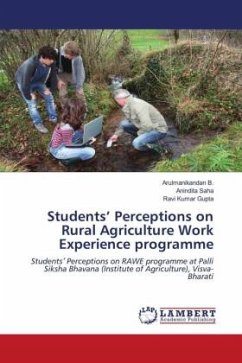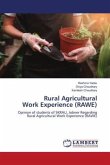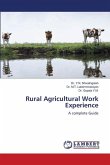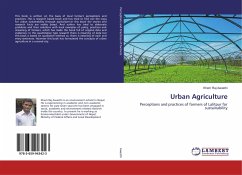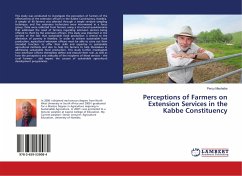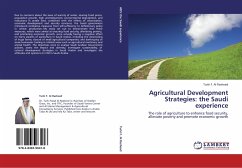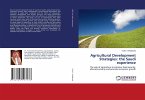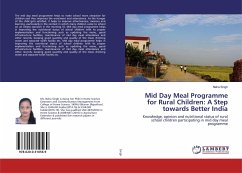The author has provided a sufficiently critical evaluation of the RAWE Programme in this book as it is an integral part of the agriculture graduate to gain practical learning experience. RAWE introduces students to the ideas of "learning by doing" and "seeing is believing", and encourages them to think and act independently. This experiential agricultural education approach offers a lot of promise for providing superior agricultural technocrats with a high degree of expertise combined with a modern outlook and managerial ability. A learner-centered approach, such as RAWE, has been shown to be important in developing human resources in the field of agricultural education, research, and extension in the country. The present study would provide some insight to understand the varied relationships in numerous independent factors that were linked with respondents' perceptions of the RAWE programme. The book is divided into seven parts, each dealing with a different aspect, and they areall presented in a logical order.

